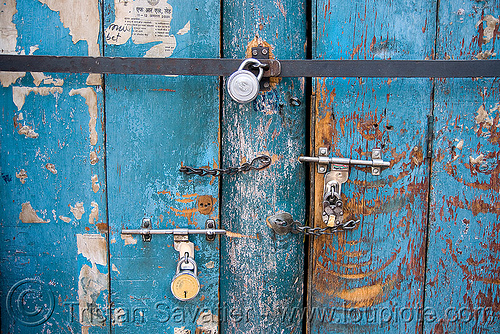
Emerging—at least I hope I’m emerging—from a period of sleeplessness, I am replete with dream images, and viscerally shocked at how much I’ve missed them. Dreams are the emotional feast of sleep even as rest is the physical. Dreaming gives us a second chance to process and make sense of information that we could not consciously take in during our waking life. Dreamless periods—whether due to sleeplessness or blocked access to dream recall—have an alarming vacuous feeling to them, an anesthetized blank poverty, like white walls before they are hung with paintings. The physical aspects of sleeplessness I can somehow power through, even recover from, but the absence of remembered dreams is to me like functioning without one of the senses: an information void.
As adults, aside from the odd psychotherapist, no one really teaches us that dreams are a way of knowing something. Dreams have become the proverbial orphans of our society, the stuff of fairy tales and fantasies, banished with a “just” to the realm of the unreal and therefore worthless. A storybook character might take a decision or a risk based on a dream image, but real-life folks most often do not, and if they do they are often criticized for not considering more logical options.
Logic and dreams are not however as inseparable as they might seem, in fact I believe they are best used conjunctly. Dreams complement logic because they tell us what we can’t know via logic, and help bring to awareness feelings we did not consciously know we had. While logic can help us arrive at a “best choice” that any rational person would make, dreams help us make choices that are right for us individually. While logic may give us answers in words, dreams offer visual images that are metaphors for how we are feeling in the moment as well as snapshots of encouragement, caution, reassurance and guidance from deep within ourselves. From these metaphoric images, we begin to know things from the dream world.
Knowing something via a dream is a deeply personal way of receiving and processing information. While there are some archetypal (cross cultural) symbols that arise in dreams and have universal meaning, most dream images cannot be interpreted via means of a handy all-purpose dream interpretation manual. Though we speak of “dream analysis,” dream knowing is a combination of emotional as well as intellectual components that cannot be touched by logic or group consensus. Knowing something based on dream material is a deeply personal process even if facilitated by an outsider. Such dream knowledge requires a kind of trust in the process: a sort-of-knowing that arises and later gets confirmed as knowing through evidence accrual in waking life and further dreams.
Waking from sleeplessness, I am realizing just how disconnected we can get from our insides when we are sleep-deprived. During these times there are few signposts back to the dream world, except perhaps our sense of depression or exhaustion. No signposts because between the lack of access to dreams and lack of faith in dreams as a way of knowing, our global society does not accord much importance or respect to dream knowledge. In the absence of social support, dream knowing involves us being individual heroes in the quest for our whole selves, including parts of ourselves that we do not express, do not yet know or do not want to know. Vital because our dreams need us: dream images depend upon us as dreamers to translate them into ways of knowing. Without the conscious effort of the dreamer, dreams remain in the realm of the unconscious, forgotten or ignored messages in a bottle.
Photo © Tristan Savatier - http://www.loupiote.com/ - Used by Permission
Photo © Tristan Savatier - http://www.loupiote.com/ - Used by Permission
